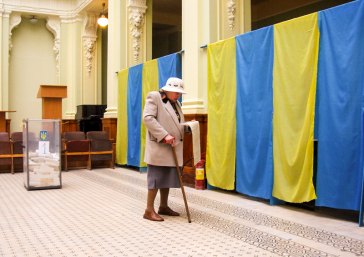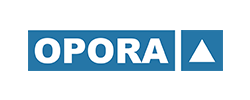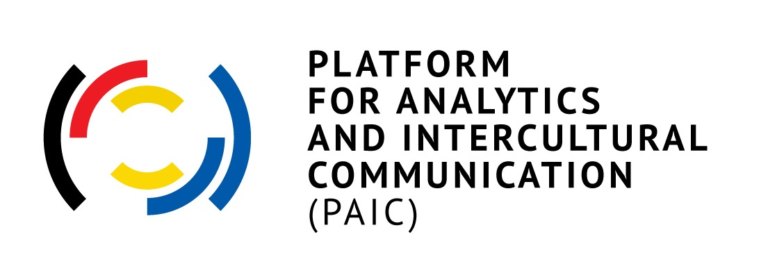12th Ukraine Breakfast Debate – Monitoring Ukraine’s Presidential Elections: Chances and Challenges

Ukraine is in its “Super Election Year” 2019 with the presidential elections that took place in March and the parliamentary elections coming up in autumn. The latest polls prior to the presidential elections indicated a run-off between three candidates — President Petro Poroshenko, the former Prime Minister Yulia Tymoshenko and the comedian and actor Volodymyr Zelenskiy.1 While most discussions moved around the question of ‘Who will make it to next round?’, Ukrainian and international electoral monitoring organisations, pointed out to the opaque electoral campaigning process and critical challenges, such as biased media reporting, voter bribery or even partisan election observers, for a guaranteed fair and democratic electoral process – proving once more that not only important who would win the race of becoming Ukraine’s next president, but also how fair and free this race of presidency had been. Therefore, we were excited to devote our Ukraine Breakfast Debate on 11 April 2019 to the topic “Monitoring Ukraine’s Presidential Elections: Chances and Challenges“. Together with the experienced election observers and experts Iryna Shvets, Civil Network OPORA Lviv and Anastasia Matviienko, Odessa Regional Organization of the All-Ukrainian NGO «Committee of Voters of Ukraine», we dived into the depth of Ukraine’s Presidential election process and addressed the following questions:
- How is Ukraine’s electoral system working? What are the main challenges and drawbacks?
- What is the influence of oligarchical structures on the election and which role do technical candidates play?
- Which problems do internally displaced people face related to voting?
- What are the main challenges for independent election observers? Which role do partisan election observers play?
During our Breakfast Debate, our experts did not only answer these questions among many others, but the participants did also become active as “election observers” themselves. The event was therefore split in two parts: 1. the classical Ukraine Breakfast Debate and 2. the “Election Monitoring” Working Session.
This event was a joint venture of the IEP projects “Platform for Analytics and Intercultural Communication” (PAIC) and “Civic School for Sound EU Practice” (CiSEP). The project PAIC aims at promoting professional expertise among Ukrainian think tanks, creating synergies between German and Ukrainian think tanks and transferring knowledge about developments in Ukraine to Germany. PAIC is conducted in close cooperation with the Ilko Kucheriv Democratic Initiatives Foundation (DIF, Kyiv) and the think tanks development and research initiative think twice UA (Kyiv) and is kindly supported by the Federal Foreign Office. The Civic School for Sound EU Practice (CiSEP) is a training programme for active citizens and change-makers in Ukraine. It creates a network of Association Agreement specialists with the common goal of enhancing Ukraine’s European integration. It is conducted in close cooperation with the Civil Network OPORA & Odessa Regional Organization of the All-Ukrainian NGO «Committee of Voters of Ukraine» and is supported by the Federal Foreign Office.





